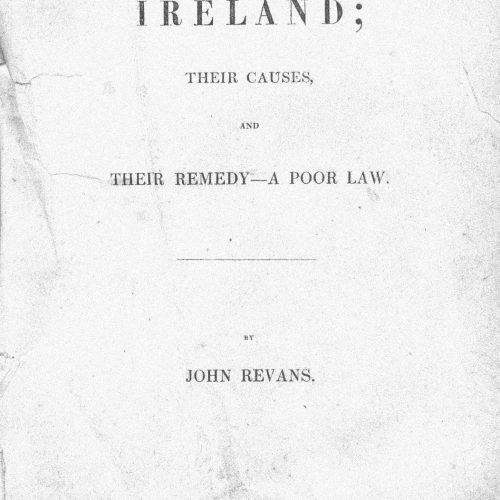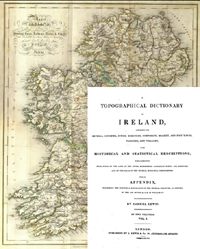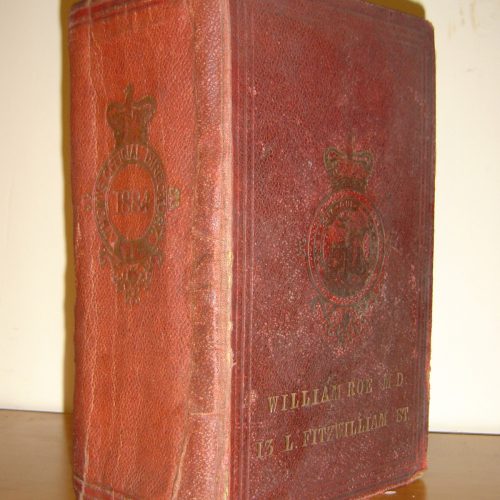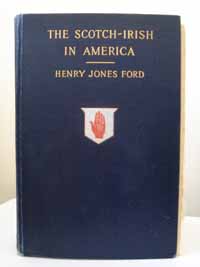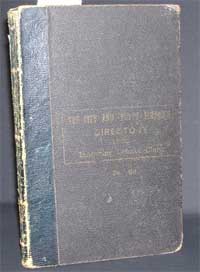Browse our range of products
John Revans, The Evils of the State of Ireland; Their Causes and Their Remedy – A Poor Law, 1837
What is inside?
Published in London in 1837 by J. Hatchard & Son, John Revans' Evils of the State of Ireland; their Causes and Remedy - A Poor Law, a publication that witnesses a second edition, before the eventual passing of the 1838 Poor Law Act and its implementation in Ireland. Containing some 153 printed pages, Evils of the State of Ireland represented one of the more benign paths of social policy that could have been adopted by the British Government and implemented in Ireland. Prior to the eventual formulation and implementation of the Poor Law Act several commissions had been established to look into the causes and possibly remedies of poverty. One of these commissions was conducted in Ireland by the Archbishop of Dublin, Richard Whately, a well known exponent of transportation to the colonies. Although Whately's conclusions were not adopted - the result would have been no workhouses in Ireland and no Poor Law - the estranged Secretary of the Whately Commission, John Revans, with the support of Dublin administrators, undertook his own review and presented his evidence in this publication. Similar to the Belgium model of poor relief, Revans concluded that Ireland must have compulsory provision for the able-bodied destitute and that the fundamental cause of poverty as well as malaise and disorder in Ireland lay with the extortionate rents levied by landlords. Revans also saw widespread reliance on conacre lettings as root cause of poverty, which drove many women and children to vagrancy and men to beggary and theft in the hunger months of the summer. Revans concluded that only by the lowering of rents and the introduction of at least a subsistence wage for labouring families poverty would remain endemic and reliance on potatoes would continue to cause rural unrest in the summer time. Needless to say, Revans' proposals, which were viewed as extremely radical for the time, were not adopted, some might say with the inevitable consequences of famine. However, Revans' ideas did influence the likes of Thaddeus O'Malley, and through him the Catholic clerical group that continued to pursue the idea of an extended and more equitable poor law during and after the Great Famine. The Evils of the State of Ireland is replete with anecdotal evidence from Revans' Commission and Respondents as to the causes and possible cures for poverty in Ireland, from which Revans' draws his own conclusions and offers his own solution at each juncture. Republished here in fully-searchable electronic format Revans' Evils of the State of Ireland offers a benign solution to the causes and consequence of poverty in Ireland just prior to the adoption of the Poor Law Act and the social upheaval caused by the onset of Famine in 1845.Research Store.
Browse our range of products that can help trace your family ancestry and learn the story of your families history and past.
